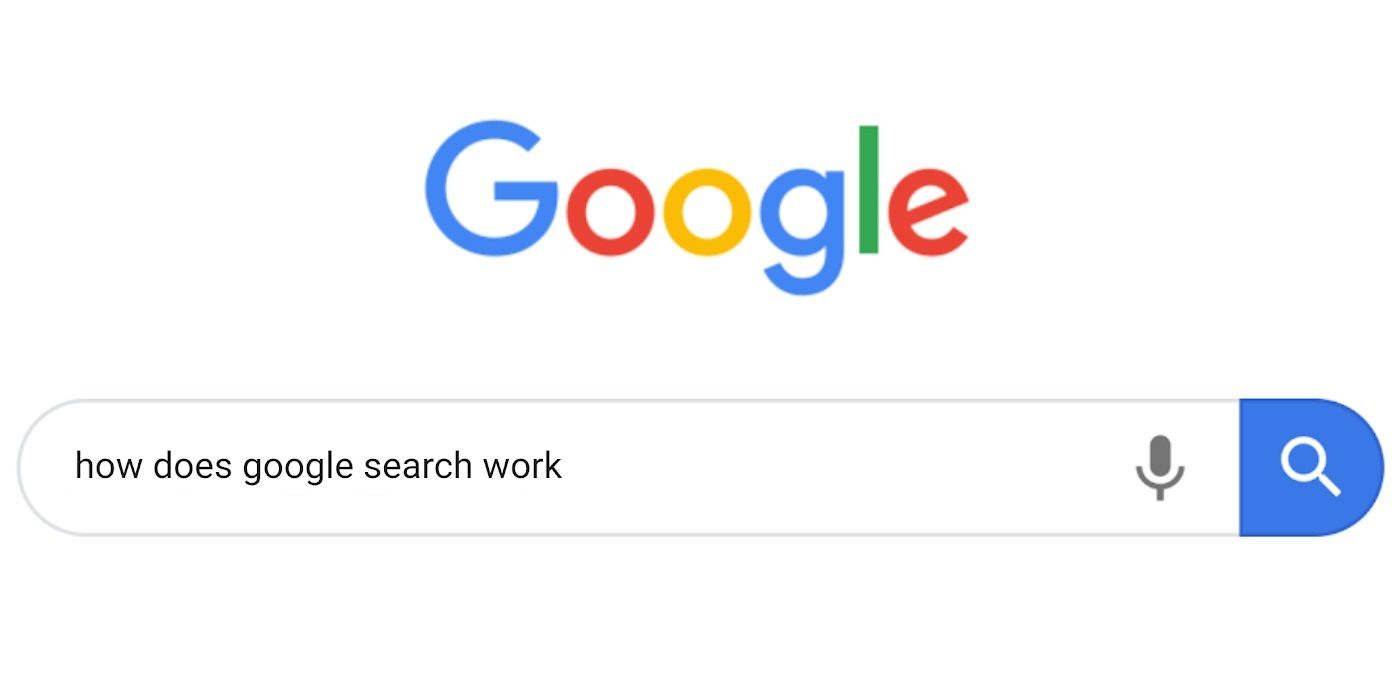
Most people don't really understand how search engines work creating a landscape where the only ones who really benefit from Google Search are Google, big brands, and advertisers. Google Search is far from the level playing field it should be – and that’s a problem.
The idea behind Google Search is simple: you search for something and the smart algorithms filter the results to show you websites and links in order of usefulness. While that’s the theory, the reality is far murkier with Search Engine Results Pages (SERPs) more of a game where the deepest pockets and best SEO knowledge wins out, every time. To really highlight the problem, a recent survey found only 37% of people had a clear understanding of how Google Search works. In addition, 54% said they placed more trust in the website ranked first in the results than the others. Both of these points can cause major problems for consumers and none of it is the fault of the consumer. But unwitting consumers are contributing to the problem by not understanding the underlying mechanics of the game Google plays.
While many assume the top result to be the best result, that’s not always the case. It might not even be the case most of the time as the very top result is typically an ad. That’s a link that someone has paid to be placed at the top for specific keyword or phase searches. Although these links are labelled as “ads,” Google has increasingly made it more difficult for consumers to tell the difference between a paid and organic result over the years. This lack of clear ad distinction makes it easy for advertisers to manipulate users into thinking their link is the best link.

Another issue is the way consumers search. This not only affects their search results, but also impacts small businesses as well. Due to big brands having greater access and funds to invest in SEO optimization, they can almost guarantee they rank high for high-traffic words and phrases. Typically, this means using the least words to describe the search - i.e. “best watch.” These limited-word searches are what most people start out with, making them the most profitable. This results in smaller businesses falling back on “long-tail” keywords and phrases. Compared to a “best watch” search, a long-tail search might be “best watches for smaller wrists.” As this is a more specifically targeted search phrase, it's less likely to be searched for and clicked on. Further adding to the problem, once a big brand or site ranks high for one search phrase, it is usually easier for them to rank high for similar searches, including long-tail. Therefore, not only are smaller businesses forced to rely on less-used phrases, but they are unlikely to rank for them anyway.
One of the reasons for this is Google’s reliance on good sites being “authority” sites. Authority is a value determined by multiple factors, although how many other sites link to a site plays a major role. This is yet another problem area as sites are continuously trying to get other sites to link to them to increase their authority rank, even if their site is not the most relevant. And that’s without even mentioning the negative SEO issue where sites can be devalued because less reputable (or spam) sites link to them. That means a site can be ranked lower for something they have little control over. Again, this is an issue that's more likely to affect smaller sites considering most smaller outfits will be unaware negative SEO exists until they are hit with it.
Overall, with consumers having less understanding of how search works, most of them more likely to use short-tail searches, and many more likely to click on the first link, Google has created an ecosystem that is rife for abuse by advertisers, spammers, big business, and anyone else who knows how to game the system. All just because someone wants some advice from Google on what watch to buy.
Source: SearchEngineWatch
from ScreenRant - Feed https://ift.tt/2Ro2kTi

0 comments:
Post a Comment